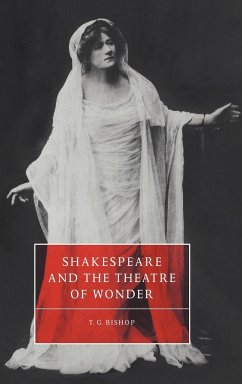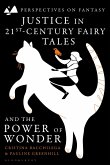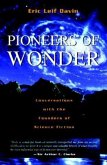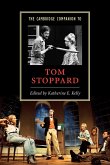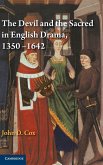Playwrights through history have used the emotion of wonder to explore the relation between feeling and knowing in the theatre. In Shakespeare and the Theatre of Wonder, T. G. Bishop argues that wonder provides a turbulent space, rich at once in emotion and self-consciousness, where the nature and value of knowing is brought into question. Bishop compares the treatment of wonder in classical philosophy and drama, and goes on to examine English cycle-plays, charting wonder's ambivalent relation to dogma and sacrament in the medieval religious theatre. Through extended readings of three of Shakespeare's plays - The Comedy of Errors, Pericles, and The Winter's Tale - Bishop argues that Shakespeare uses wonder as a key component of his dialectic between affirmation and critique. Wonder is shown as vital to the characteristic self-consciousness of Shakespeare's plays as acts of narrative inquiry and renovation.
Bitte wählen Sie Ihr Anliegen aus.
Rechnungen
Retourenschein anfordern
Bestellstatus
Storno

